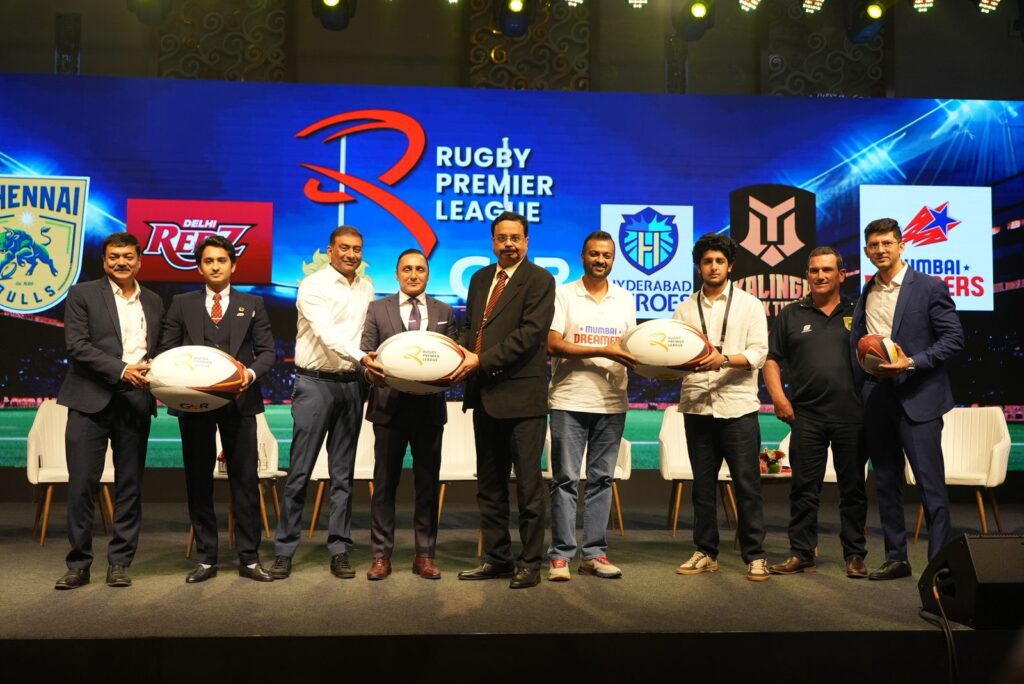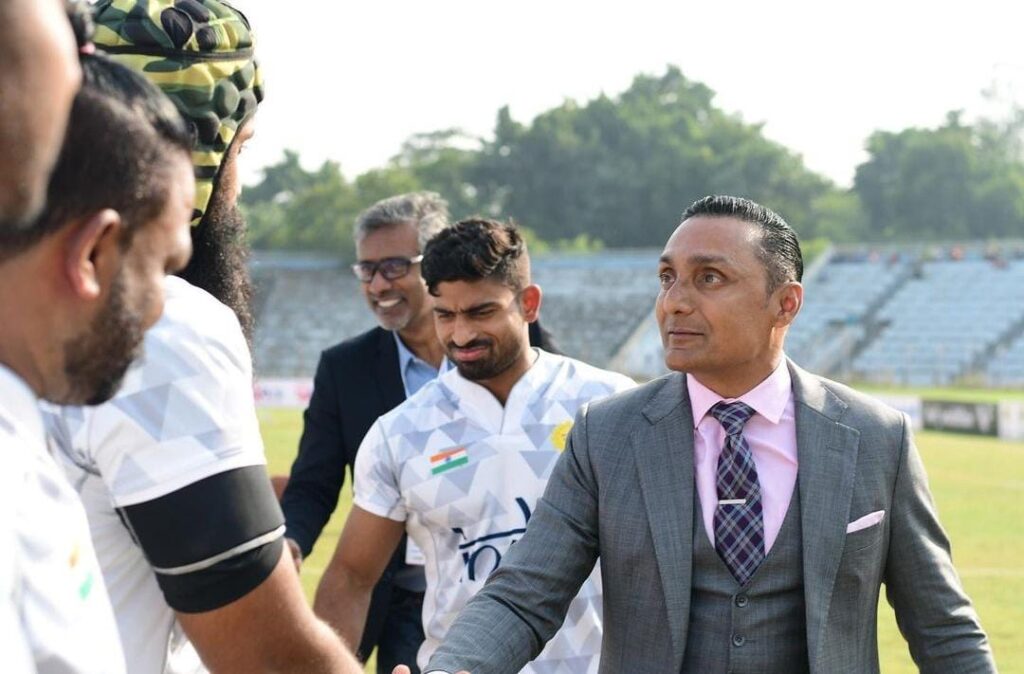
In a landmark conversation on Backstage with Boria, renowned actor, sports administrator, and Rugby India president, Rahul Bose opened up about the launch of the Rugby Premier League (RPL)—a bold, franchise-based tournament that aims to elevate Indian rugby to the global stage. With host Boria Majumdar diving into the vision, planning, and aspirations behind the league, Bose laid out a comprehensive roadmap for what he believes could be a transformative moment in Indian sports.
“It’s been six years in the making,” Bose began, reflecting on the journey. “I wasn’t even on the board of Rugby India back then. In fact, it was seven years ago, in 2018, when I first came up with the concept.” He recounted the long gestation period typically required for sports to mature in a country, drawing comparisons to the evolution of Indian cricket. “We were given official test-playing nation (in rugby — not to be confused with test playing status in cricket)* status in 1998. If you look at Indian cricket, it started in 1932 but major victories came only in 1971—almost 40 years later.”
But Bose made it clear he wasn’t willing to wait decades for Indian rugby to ascend in global rankings. “I realised that the ecosystem of the sport in India was so small, waiting 30 or 40 years didn’t seem viable,” he said. “I thought to myself, what would be the silver bullet to accelerate this process if done correctly?”
The answer came in the form of a league—what has now become the Rugby Premier League. “This has been done successfully in other Indian sports. So I said, why not rugby?” he explained. “At the time, we hadn’t even thought of the name Rugby Premier League. But the vision was crystal clear.”

The RPL, as outlined by Bose, serves two transformative purposes: one internal and the other external.
Internally, the league will catalyse a wave of professionalisation and grassroots development. “If you have six teams in six geographies, they’ll all want to win. That hunger for victory will lead to scouting, developing new talent, upgrading current players, hiring better coaches, physiotherapists, and support staff,” he said. “So you’ll suddenly have six regional rugby centers working intensively, outside the Federation’s scope, becoming engines of growth for Indian rugby.”
Externally, the league breaks a longstanding catch-22 faced by niche sports. “You go to a mass media outlet, and they ask who your sponsors are. You go to a sponsor, and they ask who your broadcasters are. You don’t have an answer for either,” he said. “But with a successful league, you suddenly have 10 to 20 million viewers watching the game within weeks. That changes the narrative.”
A key advantage of rugby sevens, the format chosen for the league, is its thrilling pace and TV-friendliness. “The format is made from heaven for television. It’s short—16 minutes with four quarters and a two-minute break. You get 7 to 11 scoring events per game, or roughly one every two minutes,” Bose said. “There’s no such thing as a goalless draw. You’re always watching scoring, action, physicality—it’s like every two-minute segment is an event.”
The appeal for viewers is clear. “As someone from our broadcasters, Jio Hotstar, put it, even the in-between moments are events—someone getting tackled at high velocity, a loose ball, a dramatic kick,” Bose noted. “It’s a format tailor-made for high-energy, edge-of-your-seat entertainment.”
With sponsors already on board and significant broadcaster interest, Bose believes the RPL will not only gain traction but spark a shift in the perception of rugby in India. “Hopefully, there will be very few instances now where someone says, ‘Rugby? What’s that?’” he said. “Once it’s on mass media, people will say, ‘Oh yes, I know that sport. I saw a few games. It was fun.’”
In Rahul Bose’s vision, the Rugby Premier League isn’t just a tournament—it’s a launchpad for India to claim its space in world rugby, one hard-fought match at a time.
🚨 #RahulBose Exclusive on #RugbyPremierLeague
“This sport is made for Television” — @RugbyIndia president @RahulBose1 on his vision for the upcoming franchise Rugby tournament in India, support from World Rugby, the top foreign players and coaches involved; and how it’ll be a… pic.twitter.com/1o3NUKHbTK
— RevSportz Global (@RevSportzGlobal) April 14, 2025
*A test match in rugby union refers to an international game, typically played between two senior national teams, and officially acknowledged as a test by at least one of the teams’ national governing bodies.



